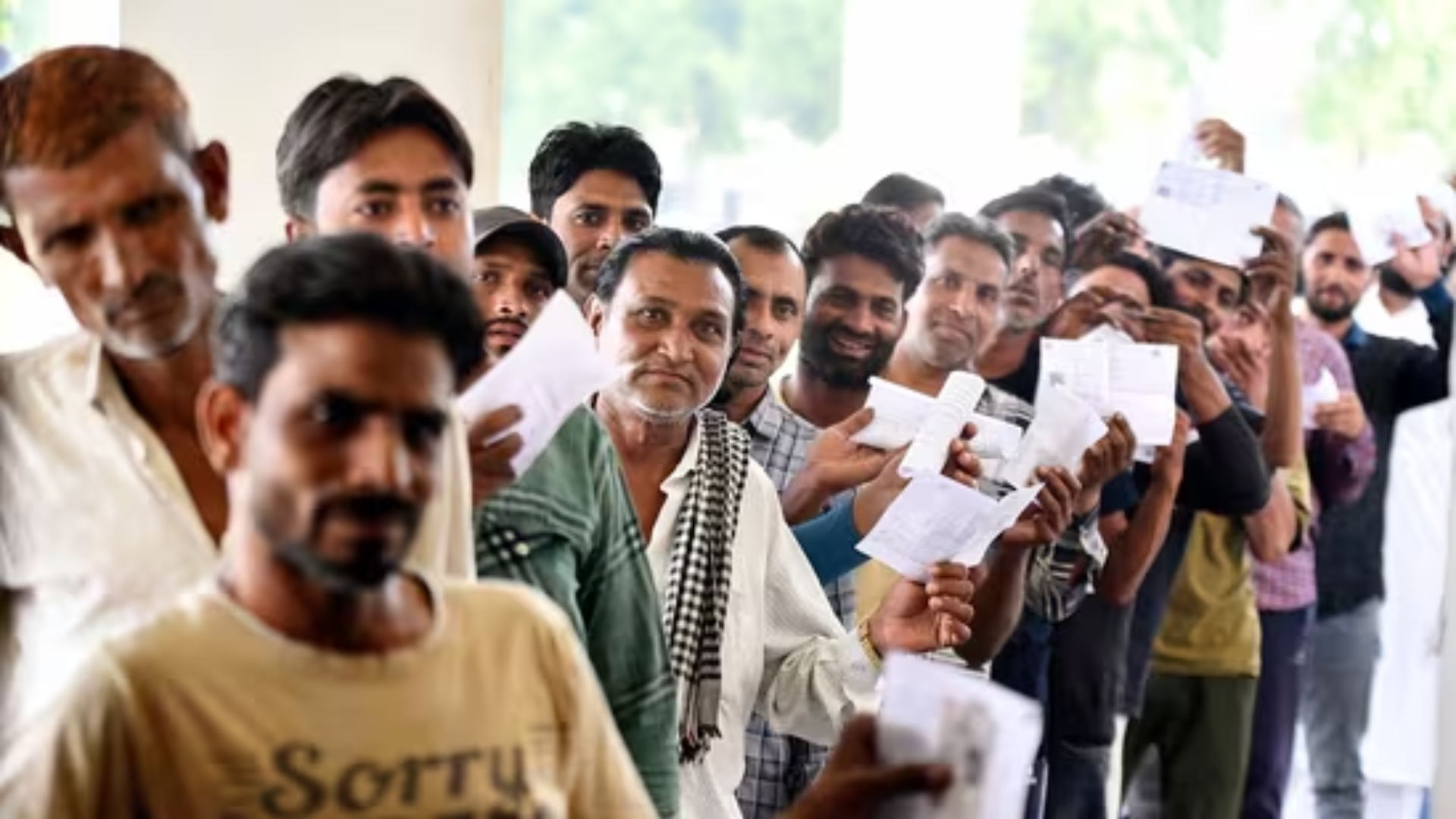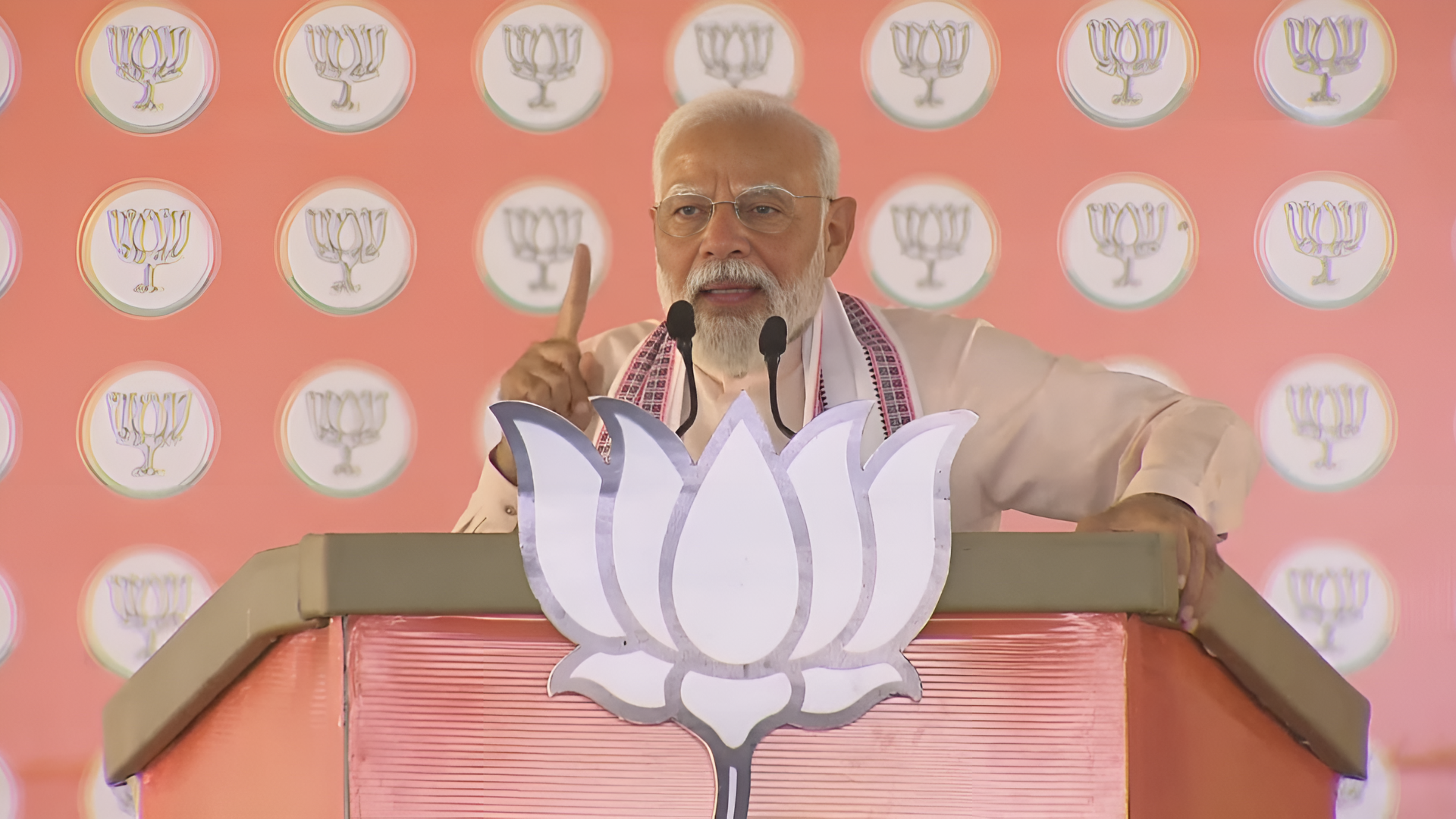



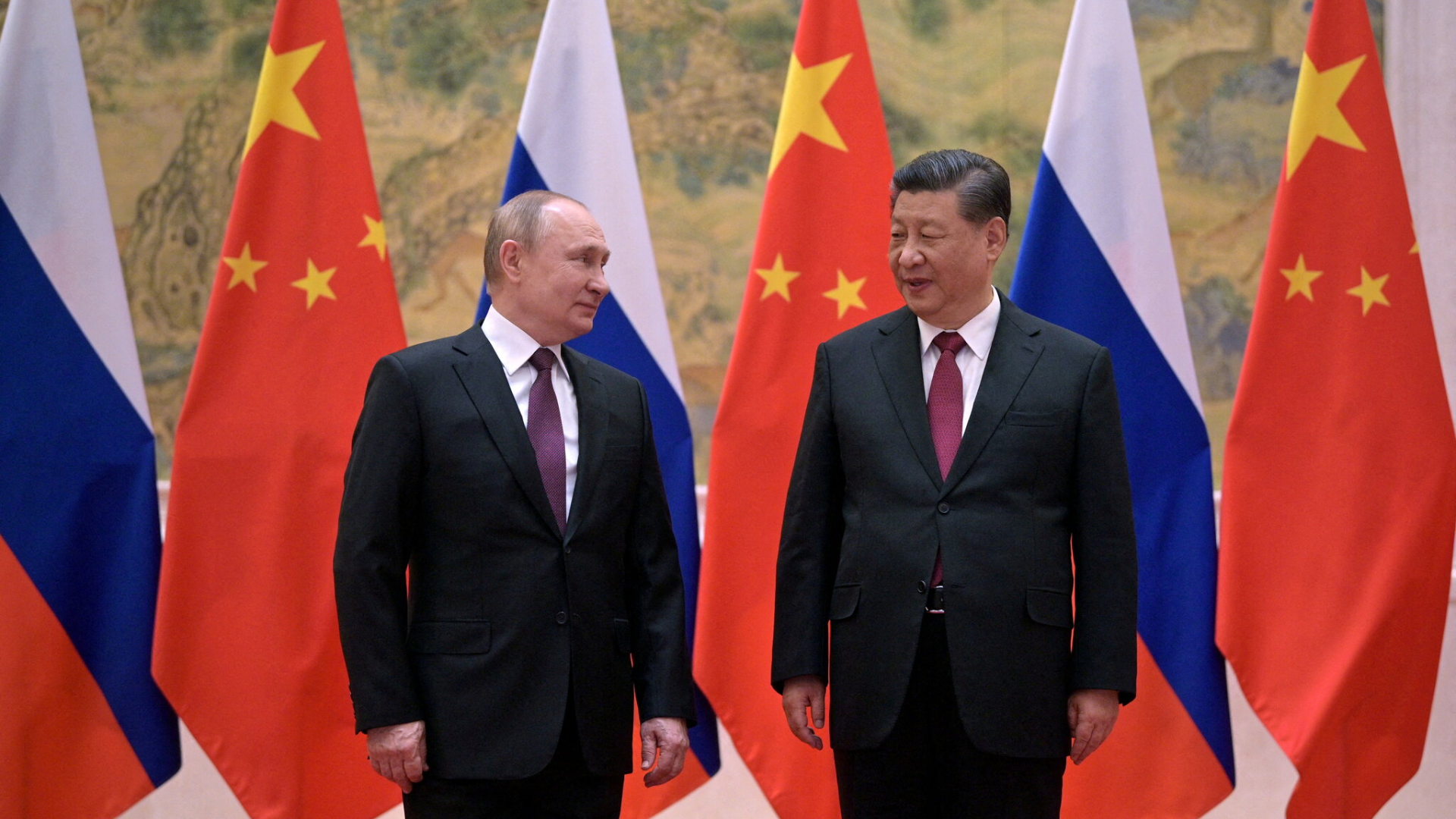



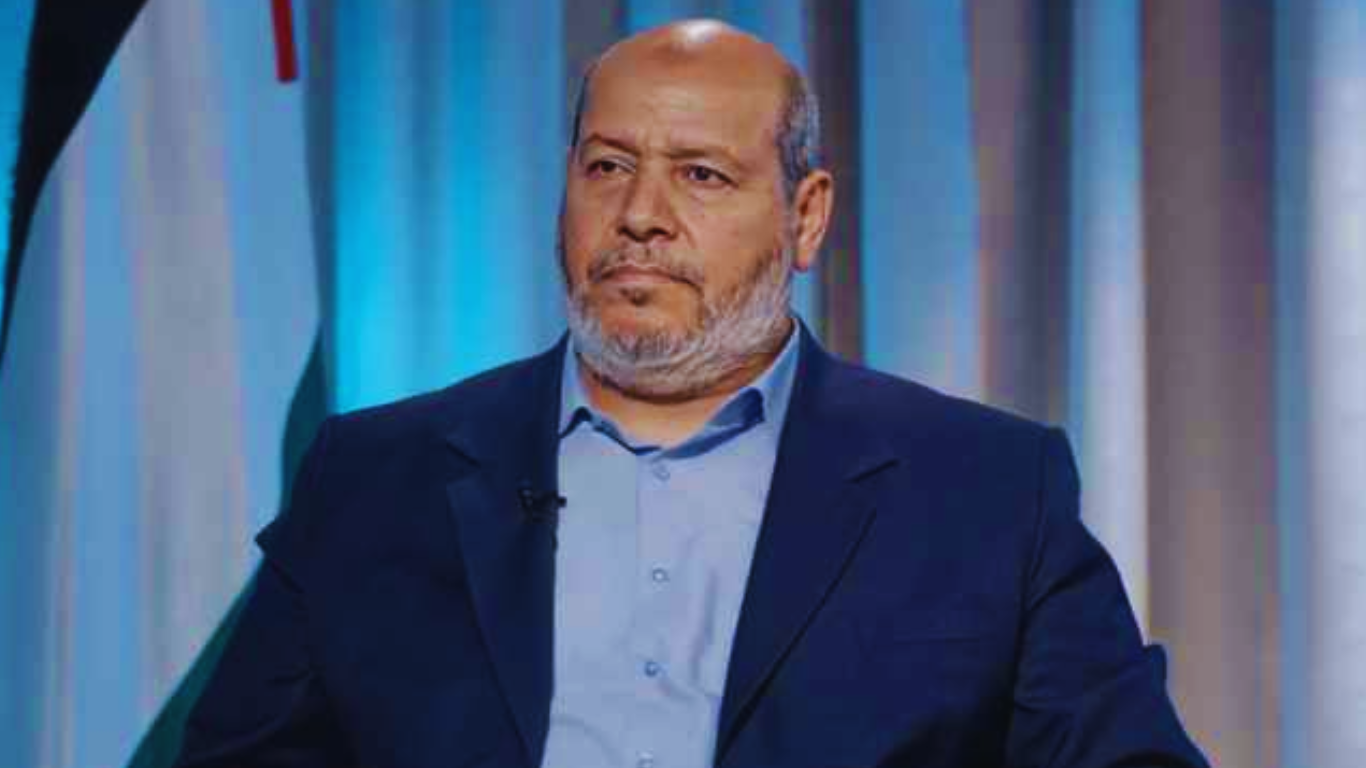
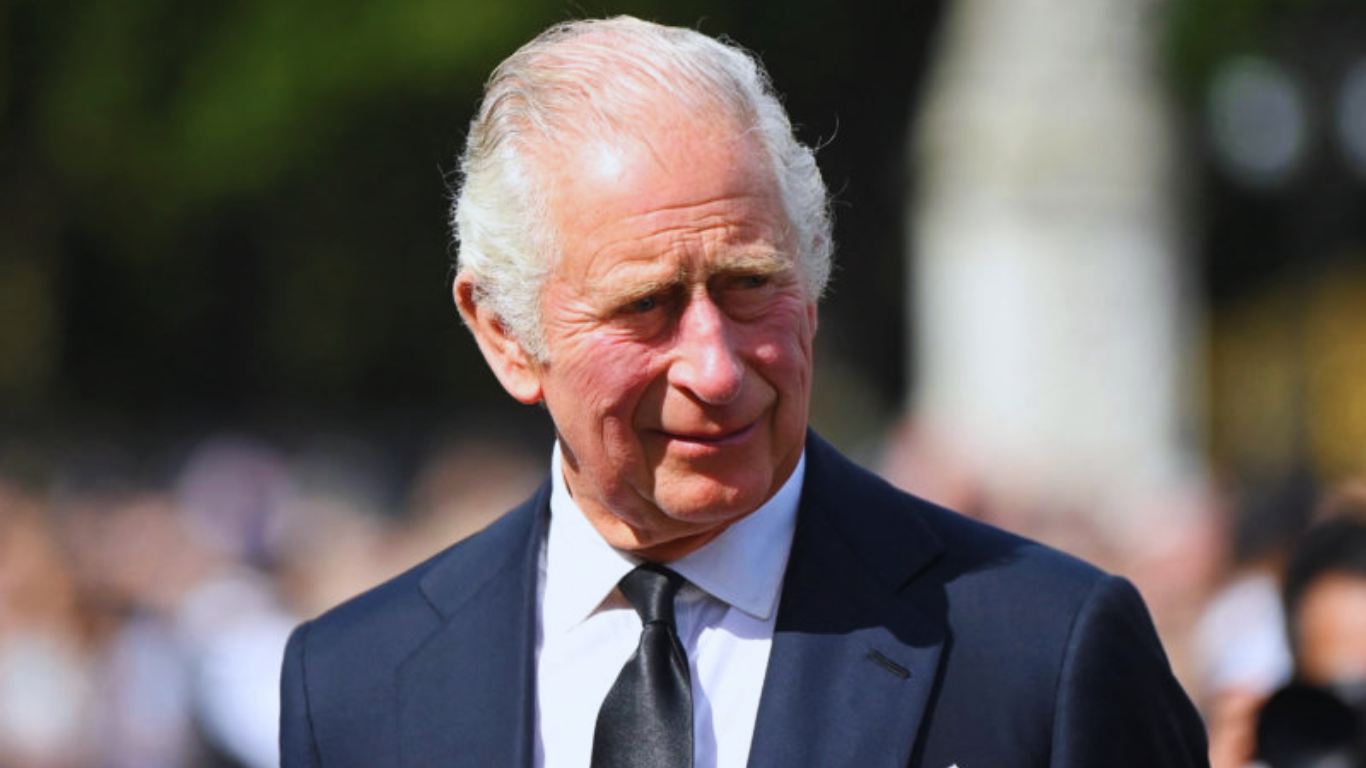

In a significant acknowledgment of gender parity progress, the United Arab Emirates (UAE) has been ranked fifth in the Inter-Parliamentary Union’s (IPU) “Women in Parliament 2023” report. This annual global analysis, which examines parliamentary renewals in 66 chambers across 52 countries throughout 2023, highlights the strides nations are making towards achieving gender balance in political representation.
Leading the IPU’s world ranking is Rwanda, where women hold an impressive 61.3% of seats in the Chamber of Deputies. Following closely are Cuba and Nicaragua, with women making up 55.7% and 53.9% of parliamentary seats, respectively. The report also notes parity in Andorra, Mexico, and the UAE, marking a significant milestone in the quest for gender equality in these nations.
The global landscape shows a positive trend, with women constituting 27.6% of MPs in the newly elected or appointed chambers of 2023. This marks an increase of 1.4 percentage points from the previous polls in the same countries. Overall, the global proportion of female MPs has risen to 26.9%, a modest year-on-year increase of 0.4 percentage points. Despite the slower growth compared to the more robust increases seen in 2020 and 2021, the upward trend underscores gradual progress in women’s parliamentary representation.
Gender issues were a dominant theme in many elections, amid concerns over backlash against women’s rights in certain regions. The report also highlights the challenges faced by women in politics, including burnout and threats, which have led several prominent figures to step down.
Regionally, the Americas lead with 42.5% female MPs in chambers renewed in 2023, maintaining its position as the region with the highest representation of women at 35.1%. Additionally, the proportion of women Speakers of parliament globally has increased to 23.8%, with Cambodia and Cote d’Ivoire electing female Speakers for the first time.
The effectiveness of well-designed and implemented quotas in enhancing women’s representation is evident, as the 43 chambers with quotas elected 28.8% female MPs on average, compared to 23.2% in countries without quotas. Sub-Saharan Africa witnessed the most significant regional improvement, with an increase of 3.9 percentage points in the 2023 elections, thanks in part to quotas. Notable gains were observed in Benin, Eswatini, and Sierra Leone, showcasing the impact of such measures on increasing women’s political participation.
The “Women in Parliament 2023” report by the IPU serves as a testament to the ongoing efforts worldwide to achieve gender parity in political representation, highlighting both the achievements and the challenges that lie ahead in the quest for equality.

